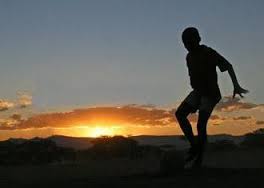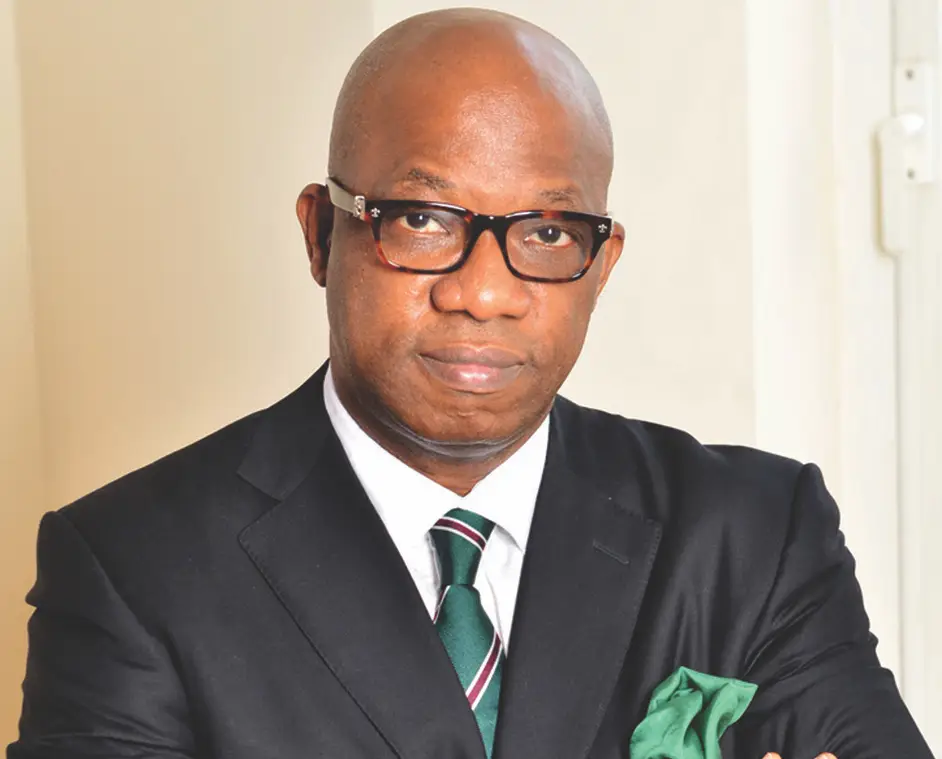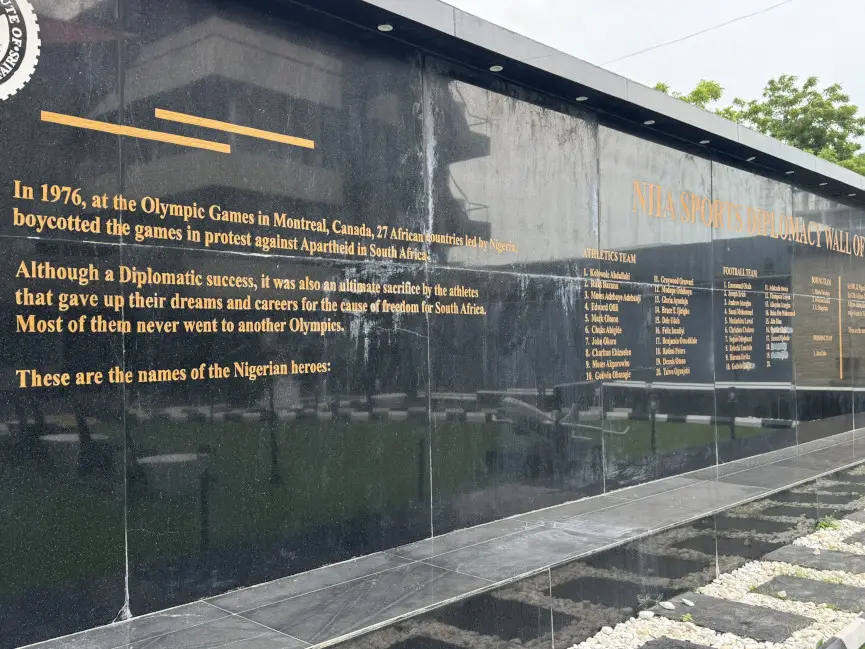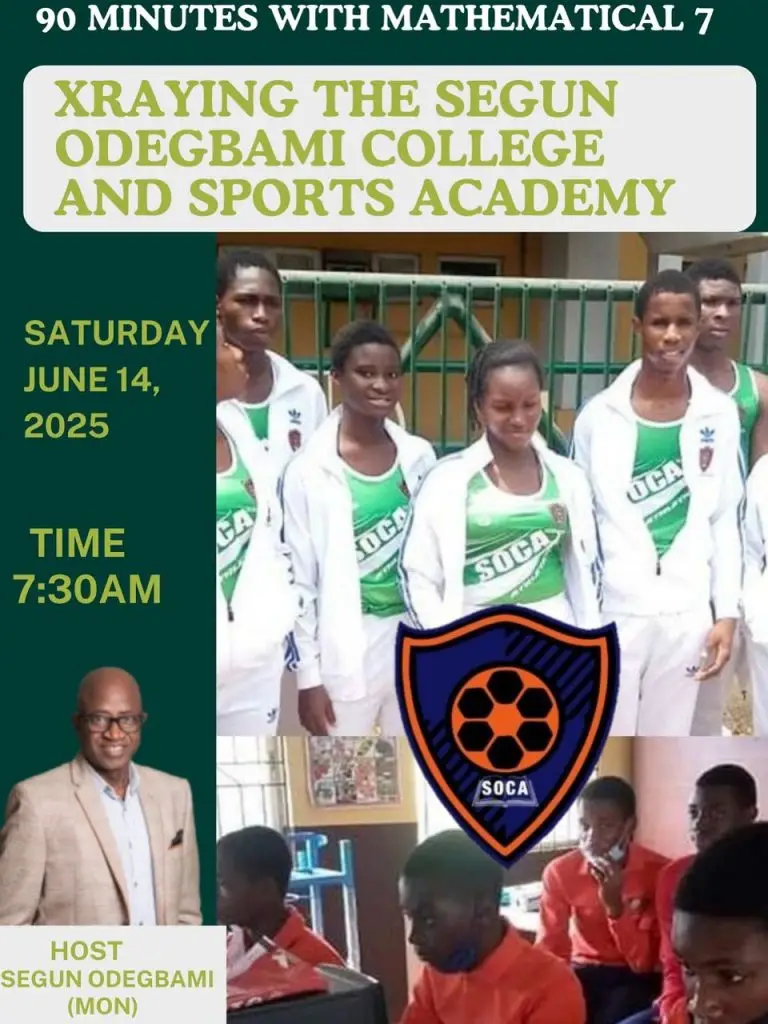Temporary break from the EPL
I am leaving the EPL alone this week.
The transfers and rumours of transfers are all adding to my confusion.
Until the transfer window finally closes I will sheath my pen and merely continue to observe the exciting drama of the matches in several leagues across Europe. This season has been a treat of surprises.
So, Karim Benzema will not report at the Emirate Stadium again. There evaporates Arsenal’s Joker and diminishes their chances. Wenger will go this year if he fails to win the league.
Paul Pogba may finally end up in Chelsea. Mourinho wants to win by all means again this season and sustain his incredible record.
Manchester United is still shopping fruitlessly for a whole number of possible new signings. Van Gaal is so jittery even as Man U appears to be finding some rhythm.
I want to take a breather from the European leagues till the dust of buying and selling of players settles down for a clearer picture of the teams to emerge as the season enters into second gear.
Nigeria in the IAAF World Championship
I am watching and thoroughly enjoying the events at the ongoing IAAF World Athletics Championship in Beijing, China. They remind me of my days of association with Nigerian athletes, when I managed two of them to win Gold and Silver medals at the 1996 Olympics in Atlanta, USA.
So, I am following the performances of African athletes with special attention on the Nigerians.
13 years ago, I was supposed to have planted a seed in Nigeria’s athletics that would have fully germinated and be ready for harvesting during the 2012 and 2016 Olympics.
The practice in sport is that it takes between 10 and 12 years, from when a young talented athlete is discovered to when he could possibly be standing on the podium receiving an Olympic or World Championship medal.
The period in between would be the years of nurturing, of uncommon dedication and discipline, of high-level training and competitions, of sweat, tears and blood. Only the very best ever survive the rigours and emerge a possible champion at the end. It is a minimum 10-year grueling odyssey.
Even then, there is no guarantee of ultimate success. A whole array of things could turn up to upturn the applecart of plans. That’s how difficult becoming a champion is. There are no alternative paths to success, only hard work or short cuts (through doping) that come with unpalatable consequences.
In 2002, I recall trying to set a new sail for Nigerian sports through a simple but well-articulated and
well-designed action plan put together by the Australian Institute of Sports. It was to restore Nigeria as a global sports superpower in a few selected sports by the 2012 and 2016 Olympics.
I was then the Chairman of the Governing Council of Nigeria’s National Institute for Sports.
As a footballer in the national team in the mid-1970s I knew the history, the role and the impact of the sports institute in the development of Nigerian athletes. The results were phenomenal, propelled by proper programmes within the institute that boasted first class science laboratories, excellent training facilities, world-class coaches in various sports, and a curriculum modeled after the German Institute of Sport’s.
The results of the institute’s work were best manifested in the line-ups at the sprints finals (male and female) of every Olympics and world championships in those years. Every single one of the final lines up of 8 athletes representing the best around the world had at least one Nigerian.
Nigeria produced some of the world’s best sprinters even though none of them actually won a Gold medal. But it was going to be a matter of time and a little bit of luck for Nigeria to become what Jamaica has become in the past two decades.
The explosive events were Nigeria’s forte.
Check out the long list – Chidi Imo, Innocent Egbunike, the Ezinwa twin brothers, Adenekan, Francis Obikwelu, Fatima Yusuf, Charity Opara, Mary Onyali, Falilat Ogunkoya, and so on.
Then the institute became embroiled in political shenanigans, lost most of it’s pioneer visionary
administrators, lost its direction and started a decline that destroyed its fabric and foundation throughout the 1990s.
Of course, I knew what the institute looked like in the mid 1970s when the national football team was camped and trained there. So, my determination when I became its chairman was to put the institute back on its original track whilst trying to renovate a few of its facilities using zero resources.
I contacted the Australian Institute of sports. Working with the then President of the Nigeria Athletics Federation, a hardworking visionary, Dan Ngerem, and the telecoms giant, MTN that bankrolled the programme, we drew the Australian Institute into our new vision and got them to work for one
whole year designing a 10-year plan for Nigeria to revive the National Institute for Sports and resume its production of Nigerian athletes and coaches.
The job was done. The document was presented to the government and the Federal Executive Council approved it for implementation. It was going to be a new dawn for sports development and for the national sports institute.
The project was to take off after the All Africa Games (COJA 2003) hosted by Nigeria in 2003, with the excellent facilities in Abuja bequeathed to Nigerian sports after the games to serve as the platform.
On paper, at least, the adopted 10-year Elite Athletes Development plan designed by the Australian Institute of Sports for Nigeria took off in 2004, one year after I had left the institute.
If incubation period was to be 10 years it makes sense that the products of that experiment should become Nigeria’s stars in 2014 and beyond.
You can now understand why I am taking particular interest in the Nigerian athletes at the ongoing IAAF World Championships in Beijing. I have been counting the years and expecting. It has been 11 years since the project started. One year to the 2016 Olympics in Rio, the championships provide an excellent opportunity to measure the progress Nigeria has made and its level of success.
The results are there for everyone to see.
Nigeria’s barrenness at the championship speaks volumes. It is a true reflection of what happened to the work done in 2002.
Only Blessing Okagbare has shown faint glimpses of what could have been achieved if the plan was implemented.
But even Blessing appears to have lost the psychological battle against the bug that bites her during the big events when she gets so close only to falter at the end.
The long and short of the story, I am told, is that the plane of the 10-year development project never left the tarmac.
So, even as I mourn the state of sports development in Nigeria, I am thoroughly enjoying the spectacular performances of other Africans particularly the Kenyans whose foray into new sports territories has captivated the world.
A Kenyan athlete won the 400 metres hurdles event. Another Kenyan won the javelin event.
Add to that the incredible performance of a young South African athlete that won the 400 meters sprint event recording one of the fastest times this season.
But the best part of the championship is watching the contest between Usain Bolt and Justin Gatlin, two of the greatest sprinters in the history of athletics.
They are both superb specimens of the Black race definitely with the DNA of Africa flowing in their veins. Their ancestors could probably also be Nigerians. That’s my ‘foolish’ consolation.
Re-visit to the NIS By the way; I visited the National Institute for Sports, located within the National Stadium Complex Lagos, last weekend.
I now wish I did not.
Those that conceived and built the institute in the early 1970s must be convulsing in their graves today in revulsion at what the country has done to that wonderful national edifice.
I have never seen such decapitation and destruction of an institution in my life. It is a shame and national disgrace. The worst part is that people still live and work in what has become a slum, unfit
for habitation not to talk of intellectual instruction. And that’s being very cautious and generous with my choice of words.








Well said sir!